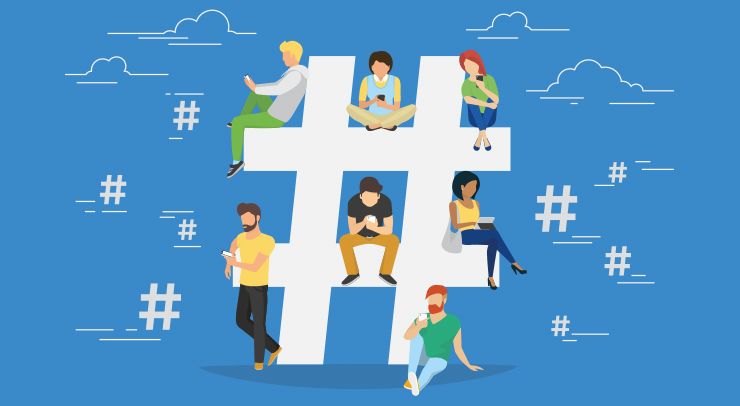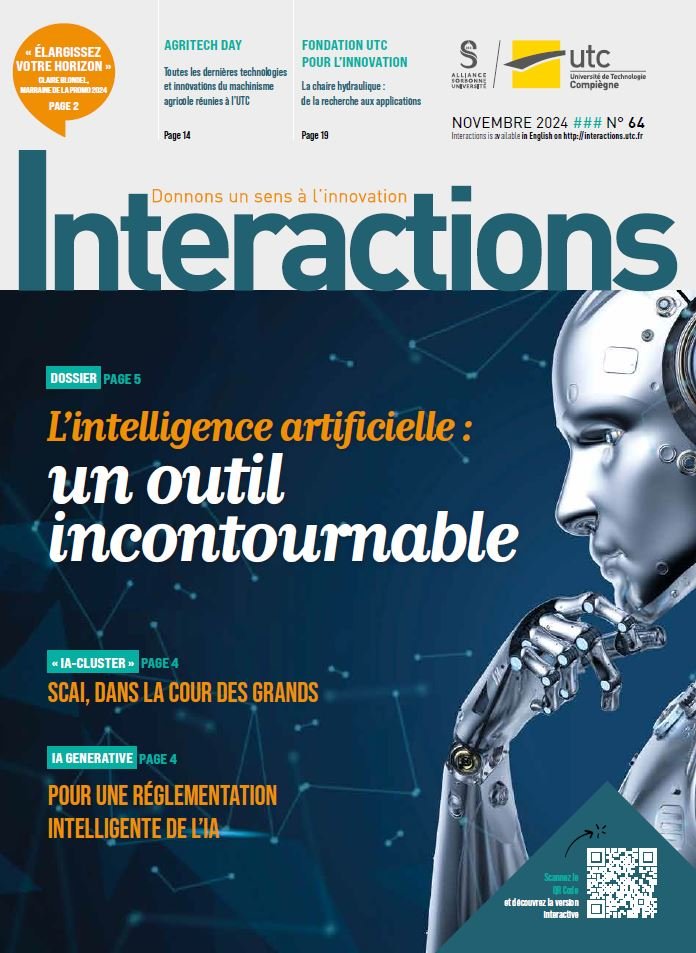Digital citizenship called to question

To adapt to the situation created by the Covid-19 pandemic, UTC organised its “Interactions-Press” event in early November in the form of a “Live LinkedIn”. On the programme: an online conference by Clément Mabi, UTC a research scientist, who explained how digital tools are overturning participatory democracy. Some excerpts.
An e‑democracy specialist, Clément Mabi questions the state of public debate today and takes a critical look at the tools proposed by the industrial sector, particularly the GAFA, and their uses. Digital technology is gradually becoming a culture that is transforming our relationship with democracy and citizenship. “Technologies don’t create fake news per se but make it more visible. Depending on the digital tool used, we create a relationship in a different sense. The important thing is the space in which we express ourselves. When we do it with people who look like us, speech is freer. But can digital technology bring democracy up to date? The more we use digital technology, the more we need to put people behind it”, says Clément Mabi, who has taken a strong interest in these “citizen-oriented technologies” better known as “civi-tech”.
Digital tools for citizen participation
“Civi-tech” refers to all the applications and platforms that make it possible to use our collective intelligence and to strengthen the democratic link between citizens, communities and the State. No wonder that civic engagement, commitment and citizen participation offer one of the favourite playgrounds for digital entrepreneurs today. But digital tools are not for everyone. “About twelve million French people are far from it. Public meetings still have a bright future ahead of them. There is a kind of Internet democracy with a form of regulation. Even if it is the strength of popularity and emotions that circulates content, for example YouTubers. There is an emotional mobilisation behind this mechanism of the Internet and social networks where, in order to optimise visibility, you can stand behind key words such as #I am Charlie or #MeToo.” Then there is the legitimate question of the democratic regulation of these social networks.
Clément Mabi, citizen-cum-research scientist
Clément Mabi is a research scientist in information and communication sciences at UTC (University of Technology, Compiègne), specialising in digital technology at the service of democracy. He is particularly interested in digitally-assisted consultation and public debate. Within the UTC-Costech laboratory (Knowledge Organisation and Technological Systems), he leads the Epin team (Digital Writing, Practices and Interactions) and is Costech’s deputy Lab Head. His work and publications have refocused on public debate: participatory democracy, online participation, concertation engineering. His reflections have led him to explore many other themes: Internet governance, open data, open government. Clément Mabi is currently directing a special issue of the magazine Réseaux on the theme of “Digital government and public action”, to be published in January 2021.




